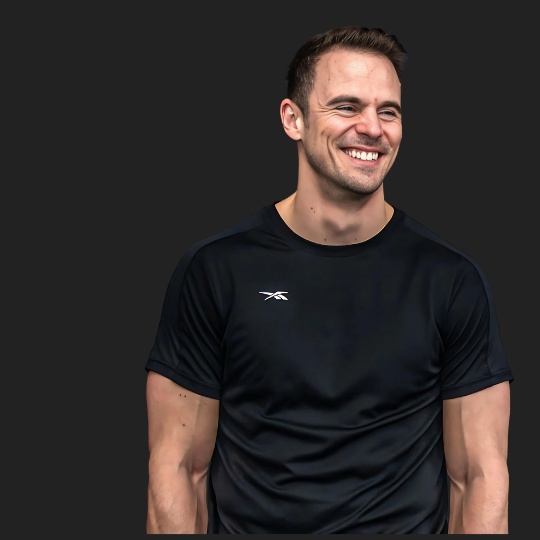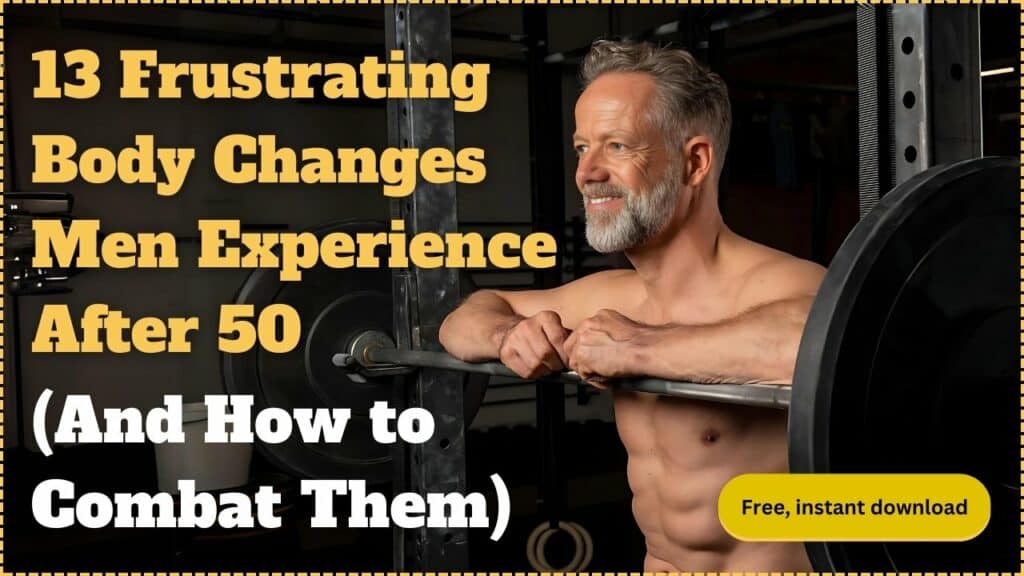We know exercise is good for us, but with countless workout options, it can be hard to know what’s best for supporting our mental health.
Now, a major scientific review sheds light on this, revealing the ideal workout recipe for maximizing mood and reducing stress.
Jump to:
The Sweet Spot: Short, Intense Workouts
Researchers analyzed a massive pool of data – over 130,000 participants! – and found that the most potent formula for mental health involves:
- Moderate to High Intensity: Get your heart pumping with activities that feel somewhat challenging.
- Around 150 Minutes Weekly: That’s about 30 minutes, 5 days a week.
- 12-Week Blocks: This may help you get the most significant mental health boost.
This means you don’t need to be a gym rat or sign up for a marathon to reap the benefits. Focus on pushing yourself in shorter bursts rather than lengthy, low-intensity workouts. Think brisk walks, quick weightlifting sessions, or a heart-pumping dance class!
Try these workout ideas that fit the research-backed formula for mood-boosting results:
- HIIT It: High-Intensity Interval Training is all about bursts of effort followed by short rests. Search online for “beginner HIIT workout” for tons of free bodyweight routines you can do anywhere.
- Power Up Your Walk: Turn your regular stroll into a workout! Add short bursts of jogging or speed walking, or take on some hills for an extra challenge.
- Strength in a Snap: A quick circuit of squats, push-ups, lunges, and planks can get your heart pumping and provide a mental reset.
Why Does This Work?
Intense exercise likely triggers a greater release of mood-boosting chemicals in the brain.
Plus, the achievability of shorter workouts may make it easier to stick with your exercise plan, which is key for long-term benefits.
Overcoming Exercise Obstacles
Life getting in the way of your workout goals? Don’t stress! Here’s how to get your fitness fix even when challenges arise:
- No Time? No Problem! Break up your 150 minutes into smaller chunks throughout the day. Three 10-minute workouts have the same benefit as one longer session.
- Gym-Phobia? Get moving outdoors! Hiking, biking, or even playing tag with your kids counts. Or, try a fun dance workout video – they can be a serious mood lifter!
- Dealing with Injuries? Talk to your doctor or a physical therapist. They can recommend exercises that are safe and effective for you.
Keep It Fresh
While 12-week programs can be helpful, don’t let your workouts get stale.
Introduce variety to keep yourself engaged and maintain those mental health gains. Swap a run for a swim, or try a new group fitness class.
Mental Health = Fitness Foundation
Remember, exercise is one piece of the mental wellness puzzle. Caring for your mental health also includes:
- Stress Management: Find healthy coping techniques like meditation or spending time in nature.
- Sleep: Prioritize quality rest for better recovery and mood.
- Nutrition: Fuel your body and mind with a balanced diet.
- Support: Don’t hesitate to seek help from a therapist if needed
Exercise for Specific Mental Health Concerns
If you’re struggling with anxiety or depression, movement can be a powerful tool. Here’s how exercise can help:
- Anxiety Relief: Physical activity can help calm the nervous system and quiet those racing thoughts you experience with anxiety.
- Beat the Blues: Exercise functions like a natural antidepressant, boosting energy and improving your mood over time.
The Bottom Line
Any amount of exercise is good for you, but if boosting mental health is your top priority, this research offers a guide. Find ways to move your body that you enjoy, challenge yourself, and prioritize consistency – your mind will thank you!














